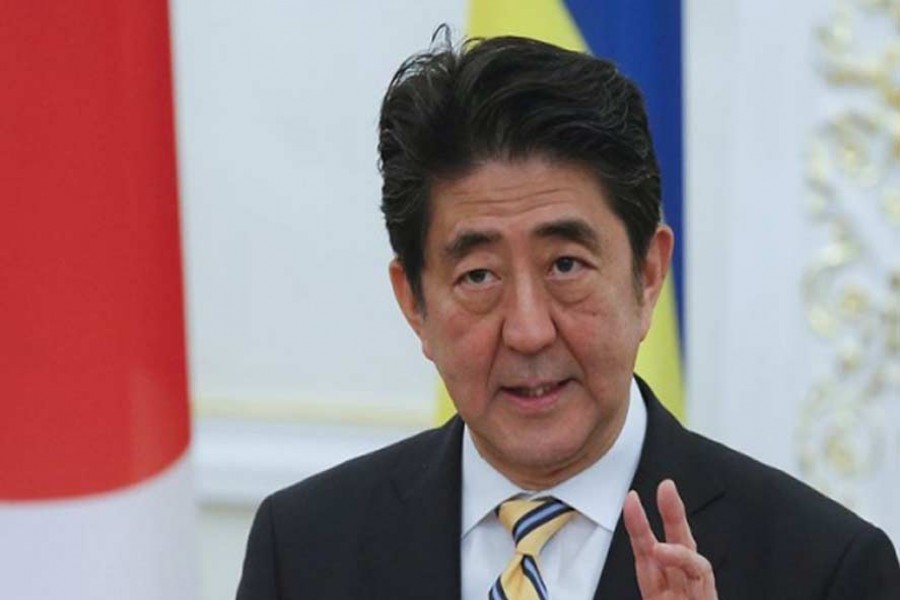Japan is regarded as a maritime country whose strategic security depends on the US. Sometimes Japan's policy is oriented by continental strategy; sometimes it is oriented by maritime strategy; and sometimes the country emphasizes both aspects.
In modern times, Japan's policy has been oriented by continental strategy. Since the Meiji Restoration in 1868, Japan has been seeking to control East Asia. Tokyo attempted to use East Asia as a strategic platform to support its hegemony, or dominating position, in Asia.
World War II overturned such ambitions of Japan but the country hasn't completely given it up. This orientation is to some extent still influencing Tokyo's needs and policies.
The development of Japan's maritime strategy can be viewed in two phases. During the Cold War, Japan gradually recovered its military strength and economy under the security alliance with the US and gained its status in East Asia by taking advantage of its economic development.
Japan later established a Japan-led economic order in East Asia, which Japanese scholars called the flying geese paradigm (FGP) in 1930s - division of labor in East Asia based on dynamic comparative advantages. It means "one economy, like the first goose in a V-shaped formation, can lead other economies toward industrialization, passing older technologies down to the followers as its own incomes rise and it moves into newer technologies," as The New York Times put it.
Japan had enjoyed the FGP concept for a long time, which positioned Japan as a leading power in terms of economic development in East Asia. So, despite China's rapid growth, Japan still believed that its own high-end manufacturing industry was in dominant position in the region.
In the late 1990s, Japan realized it needed to coordinate with rapidly developing China, which was becoming the leading power in the region while bringing about changes in the regional economic structure. The FGP upheld by Japan then turned into what I call "hinge paradigm."
With all-round industries' development, China can easily cooperate with other countries in East Asia. Japan is also part of cooperation in the region. But it is no longer the leader of the "flying geese," yet an important hinge.
Japan feels the pressure from China in spheres like economy and security, in particular after China surpassed Japan to become the world's second largest economy in 2010 and the Diaoyu Island question deteriorated in 2012. Hence, Japan reconsidered its strategies and put more effort into maritime expansion.
When former US president Barack Obama advocated his rebalance to Asia-Pacific strategy, Japan found its maritime position with support of the US.
But after US President Donald Trump took office, Japan felt uncertain about Trump's diplomacy and thus began to adjust its moves, which led to its current dilemma.
On the one hand, Japan has clearly realized that, without China, it will have limited economic growth. In the meantime, Japan won't turn its back on the security alliance with the US.
Japan wants to maintain good relations with both China and the US. But the question is how it will balance its different needs from the two powers.
On the other hand, Japan has begun to discover that Trump is unreliable. During the G20 summit in Japan, Trump said that the security treaty between the US and Japan doesn't favor the US as the treaty only demands Washington to guard Tokyo but not vice versa. Trump thought the treaty was unfair, which shocked Japan. Tokyo thus began to consider keeping some distance from Washington.
All that mirrors the predicament Japan faces in its security strategy.
The article was an abstract of a speech by Su Hao at a seminar on Japan's security policy organized by the Charhar Institute. Su Hao is founding director of the Center for Strategic and Peace Studies at the China Foreign Affairs University. [email protected]


